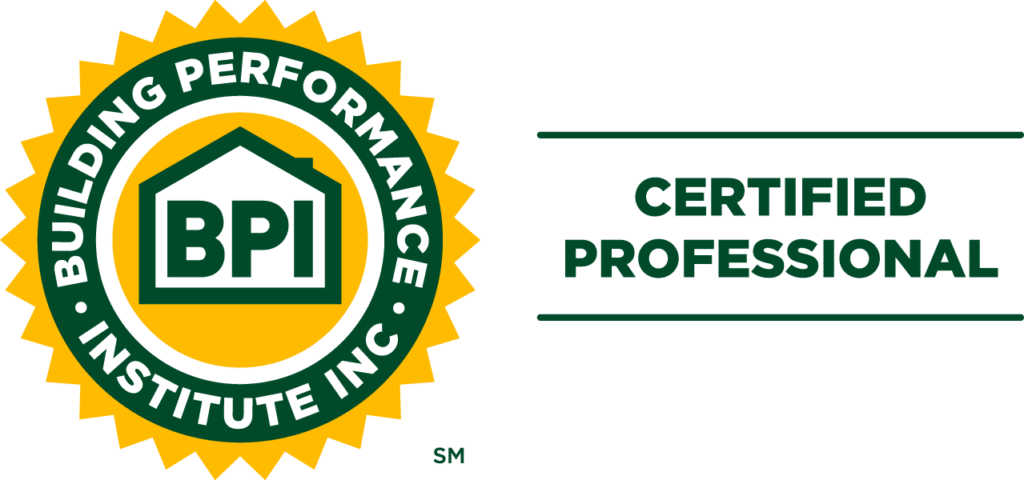When it comes to improving your home’s energy efficiency, indoor air quality, and overall comfort, few upgrades are as effective as spray foam insulation!
Spray Foam: High-Performance Insulation in a League of Its Own
Spray foam insulation is known for its high R-value, meaning it provides superior thermal resistance compared to other insulation materials. But its benefits go far beyond the benefits that all insulation types offer, like improved indoor comfort and lower energy bills. Here’s what makes spray foam a standout choice:
- Exceptional Air Sealing – Open-cell spray foam expands 30-60 times throughout the curing process, ensuring that even the smallest cracks and gaps are sealed. This minimizes air leaks, keeping conditioned air inside your Virginia home and unwanted drafts out.
- Vapor and Moisture Barrier – Unlike fiberglass or cellulose insulation, closed-cell spray foam acts as an effective moisture barrier. It is particularly effective in vulnerable areas like crawl spaces, protecting against water damage, wood rot, and costly structural repairs.
- Structural Reinforcement – Once cured, closed-cell spray foam adds rigidity and strength to your home’s structure, offering additional protection against the elements.
- Improved Indoor Air Quality – By reducing outside pollutants, allergens, and moisture infiltration, spray foam helps create a healthier indoor environment.
- Noise Reduction – Open-cell spray foam is particularly effective at dampening sound, making your home quieter and more comfortable.
Types of Spray Foam: Choosing the Right One for Your Home
There are two different types of spray foam, and which one should be used depends on your home’s needs and the specific application:
Open-Cell Spray Foam
- A great option for interior applications such as walls and roof decks
- Allows small amounts of vapor to migrate through, making it ideal for certain roofing applications
- More flexible and lightweight compared to closed-cell spray foam
Closed-Cell Spray Foam
- More dense and rigid, providing both insulation and a moisture barrier
- Ideal for crawl spaces, masonry foundation walls, and metal buildings
- Rodent inhibitor – mice and rats don’t nest in it and find it hard to get through
- Adds extra structural strength to your home
Virginia’s climate also plays a significant role in determining the right type of spray foam insulation for your home. Moisture levels, temperature fluctuations, and seasonal weather conditions all need to be factored into the decision-making process.
Creating a Conditioned Attic with Spray Foam Insulation
One of the best uses for spray foam insulation is in attics, transforming them into conditioned spaces. Here in Virginia, attics can reach 120-130 degrees in the summer, making them a major source of heat gain and energy loss. Spray foam on the underside of your attic roof can help act as a radiant barrier, reflecting heat away from your home and:
- Maintaining more stable indoor temperatures throughout your entire home
- Reducing strain on your HVAC system
Why Professional Spray Foam Installation Is So Important
Spray foam offers many benefits, but installing spray foam insulation is a highly specialized process that requires precision and expertise. That’s why it’s essential to work with a professional spray foam company like Responsible House.
As a certified Master Installer and Project Manager by the Spray Polyurethane Foam Alliance, we can ensure safe and effective spray foam installation in ways that other companies may not be able to.
Start Saving Today with a Local Spray Foam Company You Can Trust
Responsible House has been serving homeowners in Virginia since 1995, so if you’re considering spray foam insulation for your home, trust the local experts! We can help you qualify for energy efficiency incentives like a 30% insulation tax credit, allowing you to save as much as $1,200 off your home improvement costs.




